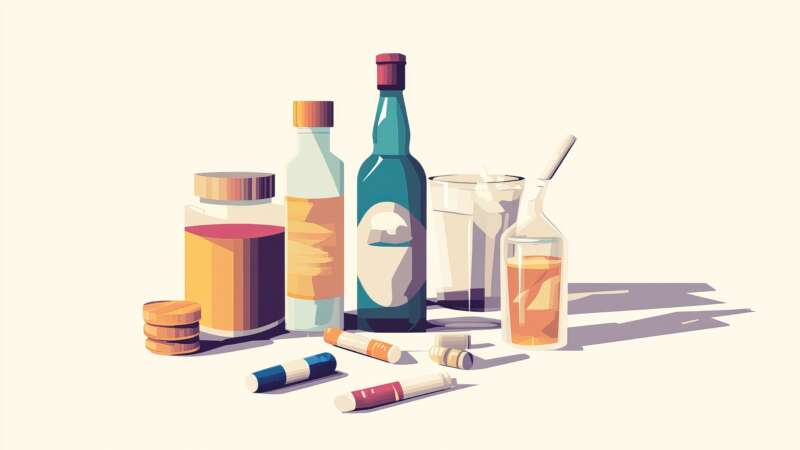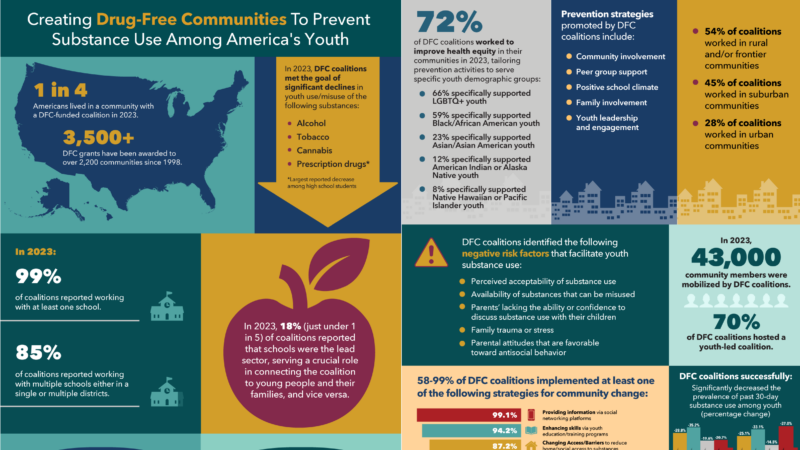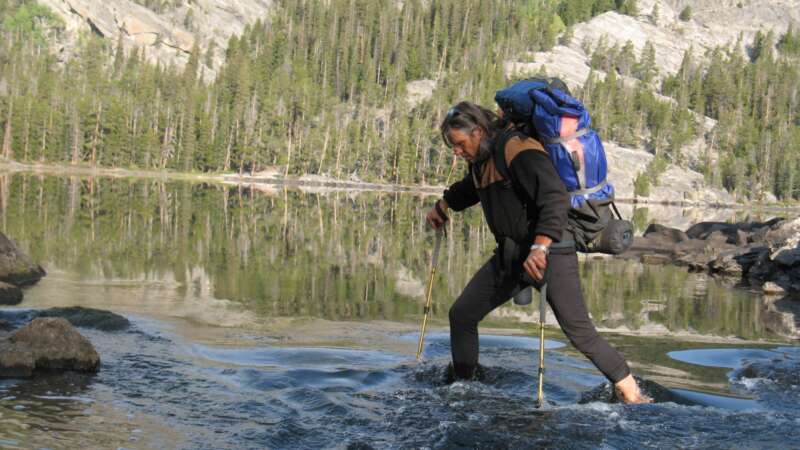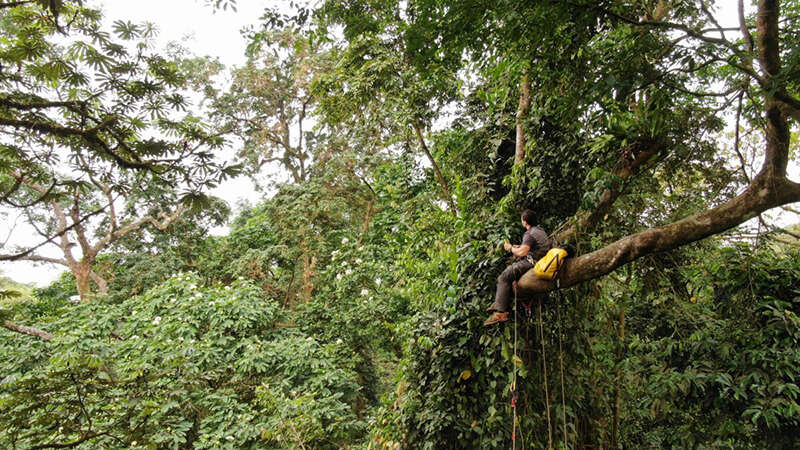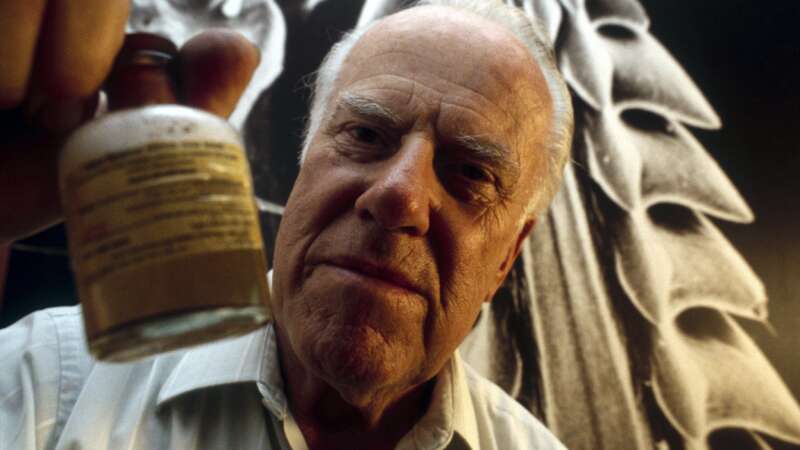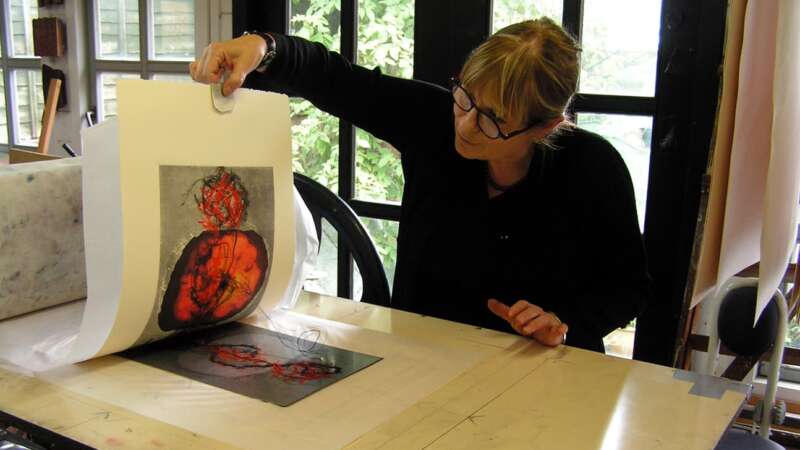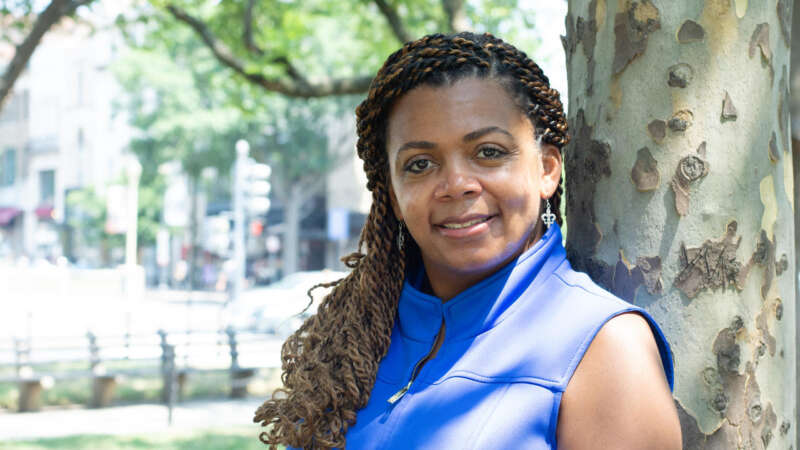Culture
Terrifying Trends in Adolescent Substance Abuse
Globally, an estimated 64 million people were suffering from drug use disorders in 2022, with cases of adolescent substance abuse evident in all regions of the world.
Adolescence describes the phase of life when people transition from childhood to adulthood (ages 10-19). During this period a person experiences rapid biological, cognitive, physiological, and psychological change. It’s also when a person establishes both positive and negative patterns of behavior that can relate to physical activity, diet, sexual activity, and substance use. This vital stage of human development is crucial in building the foundations of good health as these learnt behaviors can continue to influence a person for the rest of their lives. When adolescents are continuously exposed to substances before their brain can fully mature there is a much higher risk of developing a dependency and psychiatric complications.
Creating Drug-Free Communities
The Drug-Free Communities (DFC) Support Program is administered by the White House Office of National Drug Control Policy (ONDCP) and managed by the Centers for Disease Control and Prevention (CDC).
Patrick Dougherty: Rooted in Nature
Patrick Dougherty’s art career is rooted in his fascination with nature and primitive building techniques.
Born in Oklahoma in 1945 and raised in North Carolina, Dougherty first pursued traditional academics, earning degrees in English and Health Administration. However, his return to North Carolina to study art history and sculpture sparked a desire to create works of art utilizing natural materials, particularly tree saplings. Combining this desire with his carpentry skills, Dougherty began crafting unique, large-scale sculptures that organically blend into their environments.
Jacques Régnière: Budworm to BioSIM
Jacques Régnière, born in Quebec City, has dedicated over four decades to advancing our understanding of forest pests and protecting our global forests. Earning his bachelor’s degree in biology from Laval University and a Ph.D. in insect ecology and biomathematics from North Carolina State University, Régnière began his career at the Canadian Forest Service in 1980, where he served until his retirement in 2024.
Throughout his distinguished career, Régnière focused on pressing issues in forest ecology, notably the population dynamics of the spruce budworm, mountain pine beetle, and spongy moth. His work in quantitative ecology has influenced pest management practices and provided a better understanding of climate change’s impact on invasive species and forest health.
Purdue launches new AI-based global forest mapping project
Purdue University’s Jingjing Liang has received a two-year, $870,000 grant from the World Resources Institute to map global forest carbon accumulation rates.
“To accurately capture the carbon accumulation rates of forested ecosystems across the world has always been a challenging task, mostly because doing so requires lots of ground-sourced data, and currently such data are very limited to the scientific community,” said Liang, an associate professor of quantitative forest ecology and co-director of the Forest Advanced Computing and Artificial Intelligence Lab.
“This task is considerably more challenging than mapping carbon emissions from forest loss,” said Nancy Harris, research director of the Land & Carbon Lab at the World Resources Institute, a nonprofit research organization based in Washington, D.C. “With emissions, there’s a clear signal in satellite imagery when trees are cut, leading to a big drop in forest carbon stocks and a relatively abrupt pulse of emissions to the atmosphere. With sequestration, forests accumulate carbon gradually and nonlinearly.”
Single-Photon Lidar
The Canadian Institute of Forestry in partnership with the Canadian Wood Fibre Centre and other organizations are currently researching the potential of single photon lidar for Ontario’s
Enhanced Forest Resource Inventory (EFI) at the Petawawa Research Forest (PRF).
What is Lidar?
A lidar (light detection and ranging) sensors will emit light pulses that will reflect or bounce off objects, such as standing trees or the ground. This measures the time of return and the distance that each pulse travels. The result is highly detailed 3-D point clouds of the forest environment.
Riley Sims: Colors of Resilience
Riley Sims, a graduate of Ball State University and currently pursuing her graduate studies at Kent State University, combines geometric precision with spontaneous bursts of vibrant color to create a dynamic representation of life’s complexities, healing and resilience.
A key focus of Sims’ art is her intimate exploration of Lyme disease, a condition she has personally battled. However, Sims’ work goes beyond self-expression – her canvases are powerful advocacy tools. Her paintings education viewers about Lyme disease, bringing awareness to the financial and emotional challenges faced by those with the disease.
Dr. Willy Burgdorfer: One Tick at a Time
Dr. Willy Burgdorfer, born on June 27, 1925, in Basel, Switzerland, is known for transforming the understanding of tick-borne illnesses.
Burgdorfer pursued his undergraduate and doctoral studies in parasitology and tropical bacteriology at the University of Basel – where he first developed his fascination with ticks while studying how these arthropods transmitted spirochetes that caused relapsing fever. In 1951, Burgdorfer moved to the United States for a fellowship in Montana at the Rocky Mountain Laboratories (RML) – a National Institute of Health biomedical research facility for vector-borne diseases, such as Rocky Mountain spotted fever, Lyme disease and Q fever.
Susan Aldworth: Cultivating Art from the Brain
Susan Aldworth, born in 1955, is an artist known for her exploration of consciousness, identity, and the human mind. With a background in philosophy, Aldworth’s exemplifies the blend of art and science and establisher her as a significant figure in the UK’s Art & Science movement since the late 1990s.
Her creative practice utilizes various mediums, including printmaking, drawing, installation, and time-based media, bringing into light the lived experiences of individuals, particularly those related to medical and psychological conditions.
Aldworth’s work is featured in prestigious collections such as the Victoria & Albert Museum, the British Museum, the Fitzwilliam Museum, and the British Library, and she has exhibited extensively both in the UK and internationally.
Dr. Joia Crear-Perry: Elevating Voices and Challenging Systemic Racism in Health
Dr. Joia A. Crear-Perry is a prominent physician, policy expert, and a dedicated advocate for social justice, particularly in the realm of maternal and child health. As the founder and president of the National Birth Equity Collaborative, she has committed her career to addressing the deep-rooted issues of racial inequities in healthcare.
Dr. Crear-Perry’s work challenges systemic racism as a fundamental cause of health disparities, making her a sought-after speaker and trainer featured in various national and international media, including Essence and Ms. magazines.
